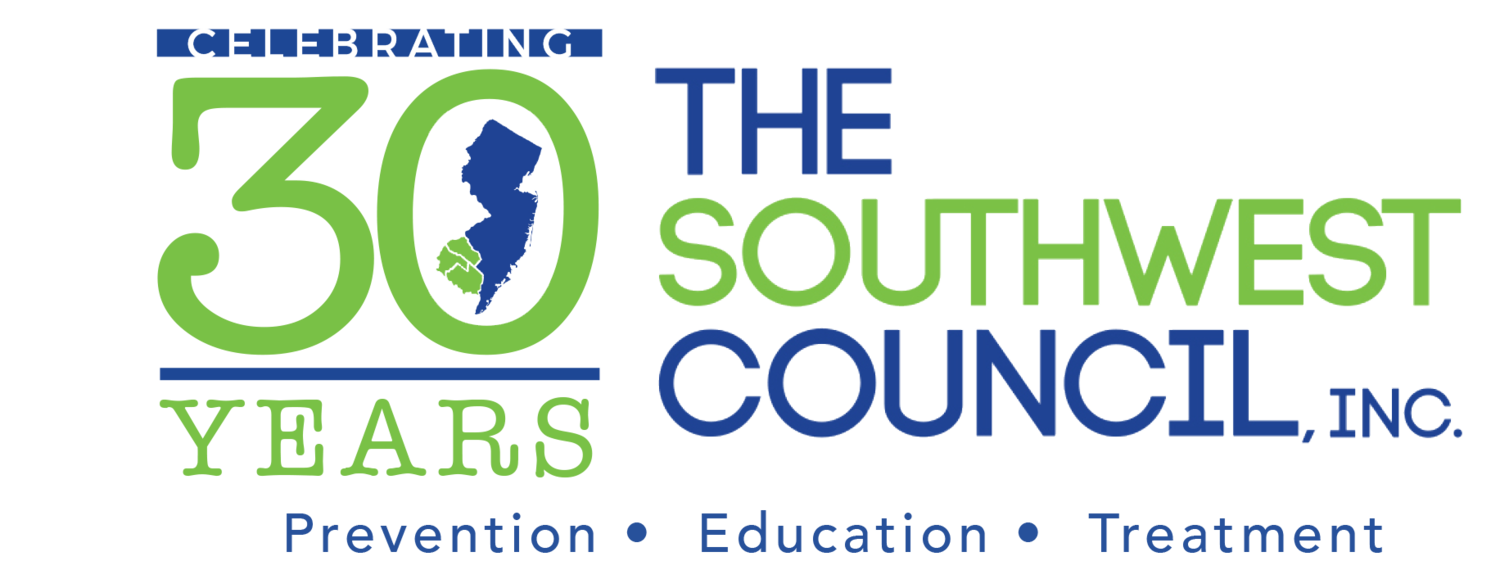by: Adrienne Davis
“Progress is lovely, isn’t it?” Technology’s ability to condition and control a society is the theme and focus of Brave New World. However, the focal point of this article is not to be an indictment on technology or progress. We can celebrate technological advances, but also make ourselves aware of the effect they could have on the individual. The question we should ask ourselves is whether or not technology can be addictive.
Technology is the application of scientific knowledge for practical use. There is no denying that technology has been a benefit to society. From automobiles, microwaves, pacemakers, and integrated computer systems technology has found a way to assimilate into a part of our daily lives. However, what has arguably been the most used invention is that of the internet. The use of the internet has spawned a plethora of devices including, but not limited to smartphones, smart televisions, video games, online gambling, online shopping, and social media.
In order for something to be considered addictive, it has to meet certain criteria. Addiction is a disease that effects the parts of the brain relating to judgement, decision making, memory, learning, and behavior control. Once a person becomes addicted, they experience risky behavior, lack of impulse control or cravings, and social problems. Technology can be an addiction that seems low risk, but high reward with instant gratification.
Research is still being conducted to determine the full weight of technology as an addiction. “The ongoing debate whether IAD should be classified as an (behavioral) addiction, an impulse-control disorder or even an obsessive-compulsive disorder cannot be satisfactorily resolved in this paper. But the symptoms we observed in clinical practice show a great deal of overlap with the symptoms commonly associated with (behavioral) addictions.” (Cash 2012)
Although technology addiction is not currently included in the Diagnostic and Statistical Manual of Mental Disorders, studies are showing significant overlap with technology addiction and other forms of substance abuse addictions. Treatment can include different forms of therapy or counseling. Anyone experiencing the signs and symptoms of addiction can seek help. One resource includes the Southwest Council. Southwest Council provides counseling services to Gloucester, Cumberland, and Salem County. Those seeking support can contact Southwest Council. 856-794-1011 or https://www.southwestcouncil.org/





